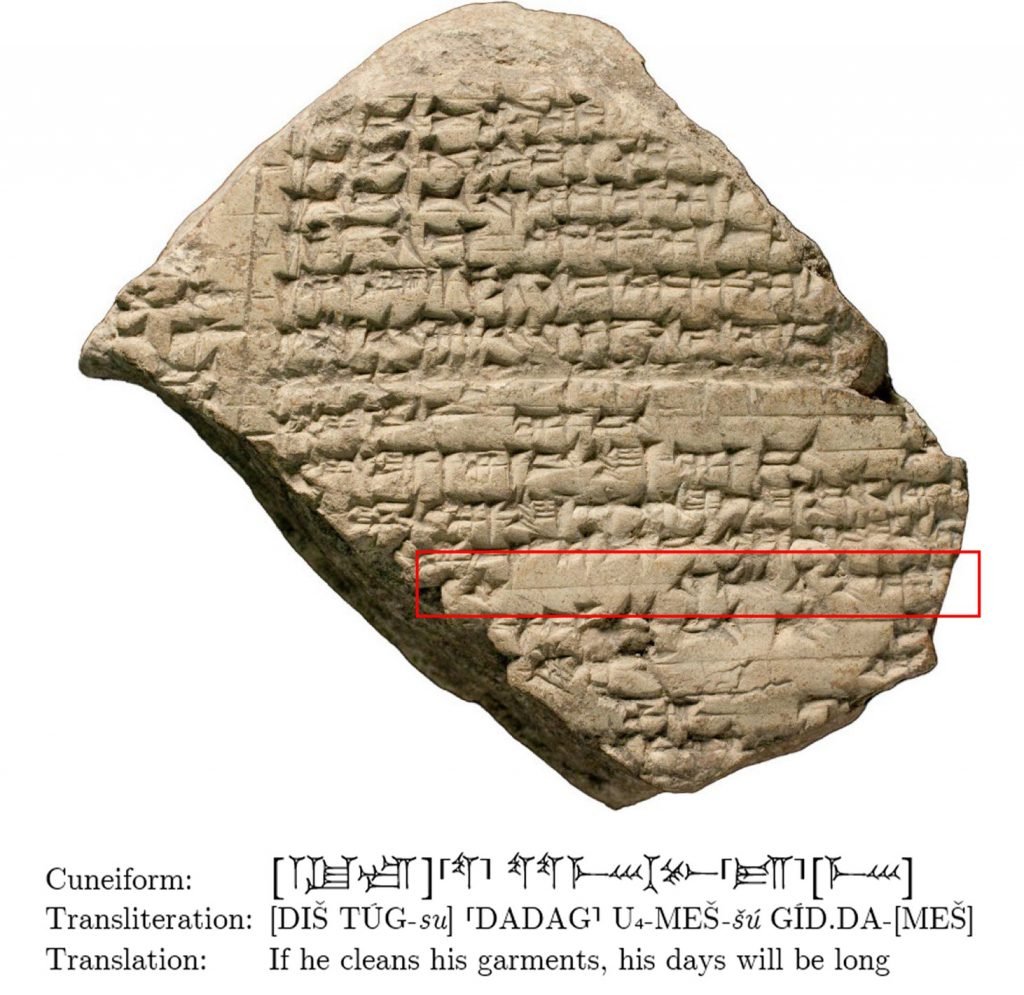Anthropology
Related: About this forumResearchers in Israel Are Using A.I. to Translate Fragments of Ancient Cuneiform Text Into English
The researchers are calling it a major step in the preservation of the cultural heritage of Mesopotamia.
Artnet News, May 15, 2023

Courtesy British Museum.
Scholars at Tel Aviv University and Ariel University, in Israel, have used artificial intelligence to translate fragments of ancient cuneiform texts on stone tablets into English with what they say is a high degree of accuracy. They call the project “another major step toward the preservation and dissemination of the cultural heritage of ancient Mesopotamia.”
The scholars presented the first neural machine translation from Akkadian into English in the May issue of PNAS Nexus. Their results are “on par with those produced by an average machine translation from one modern language to another,” noted Arkeonews.
In the last 200 years, archaeologists have found hundreds of thousands of texts that tell the history of ancient Mesopotamia, most of them written in Sumerian or Akkadian, explained the authors. But most remain untranslated because of their vast quantity and the small number of experts who can read them, as well as the fact that most of the texts are fragmentary. Furthermore, cuneiform signs are polyvalent, there are many different kinds of texts, and even the names of people and places can be written as complex sentences.
“First, let me state that we believe that A.I. will not replace philological work,” said Luis Sáenz, of the Digital Pasts Lab in the Department of Land of Israel Studies and Archaeology at Ariel University, one of the authors, in an email to Artnet News. “We want to speed up the process. Our hope is that A.I. will eventually be able to help both Assyriologists and non-Assyriologists read cuneiform texts in the future.”
More:
https://news.artnet.com/art-world/a-i-translates-ancient-cuneiform-2299128
Karadeniz
(22,564 posts)keithbvadu2
(36,887 posts)A young monk arrives at the monastery. He is assigned to helping the other monks in copying the old laws of the church by hand.
He notices, however, that all of the monks are copying from copies, not from the original manuscript. So, the new monk goes to the head monk to question this, pointing out that if someone made even a small error in the first copy, it would never be picked up! In fact, that error would be continued in all of the subsequent copies.
The head monk, says, "We have been copying from the copies for centuries, but you make a good point, my son."
He goes down into the dark caves underneath the monastery where the original manuscripts are held as archives in a locked vault that hasn't been opened for hundreds of years. Hours go by and nobody sees the head monk.
So, the young monk gets worried and goes down to look for him. He sees him banging his head against the wall and wailing.
"We missed the R!
We missed the R!
We missed the R!"
His forehead is all bloody and bruised and he is crying uncontrollably. The young monk asks the head monk, "What's wrong, father?"
The head monk with tears in his eyes replies, "The word is celebrate not celibate!"